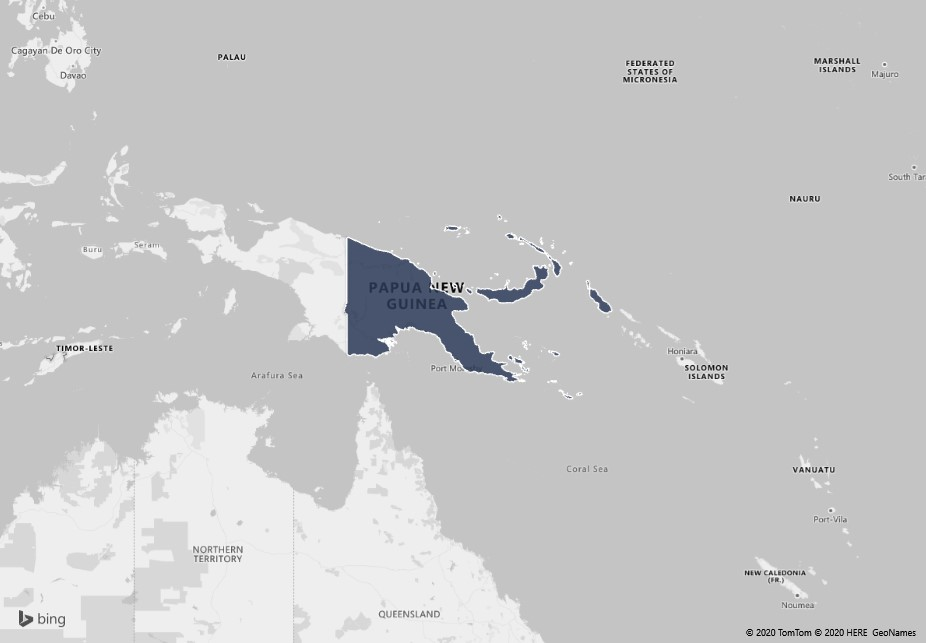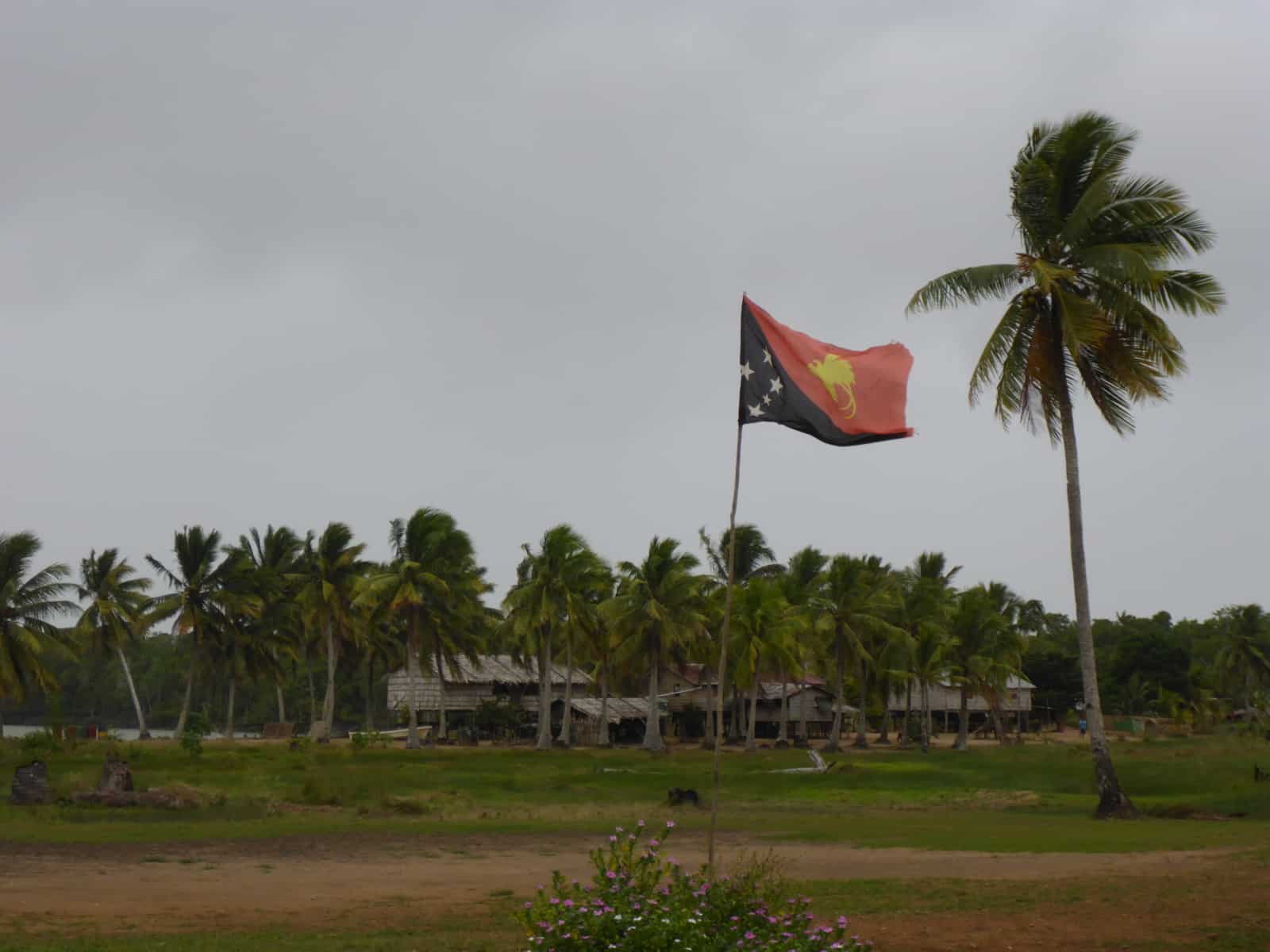Image: South Fly, Papua New Guinea.
WHAT IT’S ABOUT
How leadership supports development in remote villages that are seemingly disconnected from the state.
- How does formal and informal leadership interact, including women and youth leaders?
- How do these types of leadership orientate around external funding opportunities?
- How can village leaders and coalitions form transparent, effective and legitimate institutions, that contest and challenge existing sub-national structures?
- How can this local-level reform be supported? How can funding enter informal governance spaces to strengthen informal leadership and governance structures?
- What is the extent, scale, capabilities and aspirations of informal women’s networks in South Fly, and their potential to facilitate development and reform?
WHAT WE EXPECT TO LEARN
When local leadership is likely to support and improve government and development, and how this can be harnessed and supported.
PROJECT DESCRIPTION
This project examines how informal and formal leadership works within the villages of the South Fly District of Papua New Guinea, with a focus on the role of women. It is easy to assume that many remote villages are ungoverned, beyond the limits of the Papua New Guinea state. Yet local forms of leadership thrive, as they coalesce around external opportunities, whether via the market, neighbouring states, mining or Papua New Guinea priority policy initiatives.
The project will examine how – in the context of ‘big men’, patrons, and clients – village leaders and coalitions can and do form transparent, effective and legitimate institutions that contest and reform existing local-level government and district governance structures. The project will seek to understand how this local-level leadership can be supported and existing strengths harnessed.
“Drawing on existing strengths, the research will explore how leaders and coalitions can reform persistently dysfunctional institutions, and legitimate new multilevelled brokered alternatives, so that more resourcing, opportunities and positive outcomes occur at a village level.”
Mark Moran, Principal Investigator
WHO’S INVOLVED, WHERE
COUNTRY
Papua New Guinea

Map to highlight research country, Papua New Guinea
TIMELINE
April 2020 – June 2022
CHECK OUT THIS PROJECT’S PUBLICATIONS & BLOGS
- Adaptive Programming at the Sub-National Level: Evidence from Papua New Guinea
- Leadership in the Shadow of the Pandemic: Researching Spaces of Resilience and Transformation
- Destitution on Australia’s hardening border with PNG – and the need for a better aid strategy
NEWS
On 1st of February 2022, Baia and Mark took part in a panel discussion organised by the Center for Global Development (CGD) on “Adaptive Programming at the Sub-National Level: Evidence from Papua New Guinea”. You can check it out here.
Sign up to the DLP Leadership Observatory for more information on DLP projects or visit the DLP Twitter account to join the conversation #LeadershipObvs.
You may like to visit our partner’s website.
- University of Queensland, on Twitter @UQ_News











